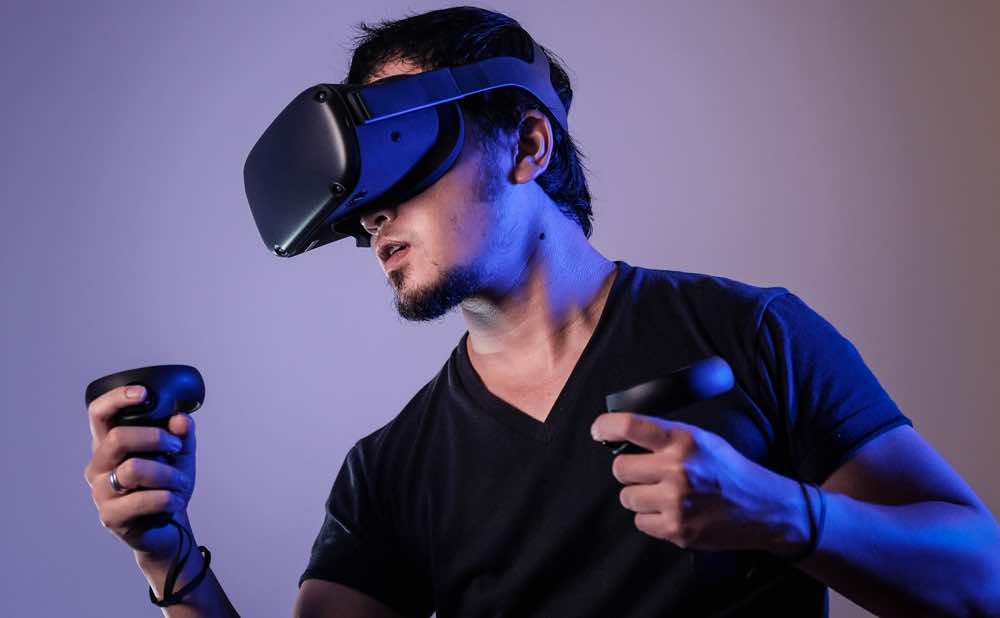The online gaming industry is one of the few areas that have thrived throughout the lockdowns and restrictions of the pandemic. According to ESPN, when the entire casino industry was forced to close in March 2020, those who wanted to play poker or slots shifted their attention towards online games. This resulted in a large increase in customers and revenue, meaning that many of these sites are likely to stick around even when physical casinos start welcoming back in-person patrons.
With competition coming from incumbent players in the gambling industry, how will online upstarts continue to grow and thrive in a post-Covid world? Part of the answer is ’emerging technology’. Already there are plenty of new developments in the industry, such as live games offering new and engaging ways for players to get involved and new technologies like 5G allowing players to access games from almost anywhere in the world. As Venture Beat has discussed, internet speeds continue to improve, creating more opportunities for people to stay connected to their favorite games.
One potential avenue to grow the market for online gaming is virtual reality (VR). The technology has continued to drop in price since it was first introduced and the improved internet speeds most people are enjoying opens the door for a full VR online gaming experience.
Increased Customer Immersion
There is no shortage of online gambling sites, and this saturation has bred a competitive market as brands and sites try to capture players’ attention. As a result, online slots have developed over time to progressively become more immersive. They often not only have specific themes but recognizable branding as well. For example, Gala Casino features online slots with titles such as ‘Jurassic World’ and ‘Gremlins’, which use recognizable branding to attract attention, establish trust, and play on people’s natural curiosity. VR could be used to enhance customer immersion in ways that were previously not possible or even imaginable, such as using actual film footage as part of the experience or putting players into a backdrop from the film. In an effort to capture the imagination of potential customers, established brands will use VR to create experiences unique to their site.
Recreating the In-Person Experience
The most promising feature of VR technology is its ability to replicate the experience of actually being at a real life venue. The environments could be augmented to make them more engaging, and modified at random intervals to keep players interested. It won’t be long before realistic poker halls and slot machines exist in virtual reality, attracting new consumers who are not willing or able to leave home, and yet still able to walk the casino floors. With features like proximity chat, employees can greet players in real-time, and casinos can simultaneously reduce payroll and overhead costs.
Developing New Game Environments
There have been relatively few innovations in casino games over the last few decades, but virtual reality is poised to change that. The technology can be used to populate game show audiences, and make them active participants in the game. It could also allow casinos to expand beyond their traditional repertoire of games into more interactive storytelling games. For example, building an immersive narrative around games by surrounding a poker table with the trappings of a Wild West saloon or locating a slot machine in an ancient Greek villa. We can only speculate as to exactly how the technology will be used as any development will depend on customer demand and other market pressures on the companies themselves.
However things play out, it is clear that VR has the potential to be the biggest change in the online casino industry of the past decade.
Image: Unsplash
